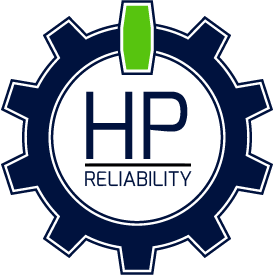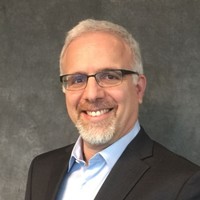Asset Management with David Albrice
When there is unplanned downtime and repeating failures in the plant, that means you are not managing your assets in the right way. Asset management can be used to enhance the value of a piece of equipment. So what is asset management? It is simply a process to make sure you get the value that you want from your machines. The idea is not just to get value in terms of money. It is about making sure that your equipment is in the optimum conditions and is running when you really need it to. This is something you can t do without asset management.
In this episode, we covered:
- What asset management exactly is
- Why is asset management important for organizations
- How asset management compels organization to change
- Principles of asset management
- How can an organization start implementing asset management
- Asset management framework
- Alignment vs. certification
- And much more!
In the real world, organizations don t have access to unlimited time and resources. They work under a very limited budget and face risks and challenges all the time. They are always trying to find a balance between costs, risks, and profit. They have to trade-off lots of times. You can only trade-off when you have the right data to support the decision you are going to make. That data can only be obtained using asset management techniques and performing condition-based monitoring. The organization can look into ISO 55001 for a better understanding of international standards of asset management.
Before you start your journey into asset management, you need to analyze a few things. Where are we now? Where do we want to be? How much time and money is required to reach our destination? You can use the principles of asset management as well for a better understanding of decision-making process, and to find the right balance between the trade-offs you will have to make. These principles include understanding the context of the organization you are working in. That means you should know which process and procedure will be fit for a smaller or a larger organization.
The next principle in the gap analysis is Leadership and that plays the key role in implementing the asset management solutions. Then there is a serious need for good plans and the support of everyone to implement those plans. You need to talk to the people who actually operate the equipment on a daily basis. They might have just the data and the insight that you need. The communication needs to be as open as possible so that everyone will provide their input and will contribute through their knowledge and experience.
You can use many resources for getting started in the asset management field but ISO 55001 and 55000 are a good way to know which frameworks you might use to make a decision. You can decide the hierarchy of the assets using the ISO 55000 that allows you to classify every critical asset depending upon the goals and objectives of the organization. Then ISO 55001 can be used to come up with asset management plans that will contemplate every choice based on finding a balance between processes, resources, and timelines. The real goal should be to train, mentor, and benefit from the experience of people because they are the ones who will make all of these possible.
Eruditio Links:
- Eruditio
- HP Reliability
- A Smarter Way of Preventative Maintenance Free eBook
- inspired Blended Learning (iBL®)
- James Kovacevic s LinkedIn
David Albrice Links:
- David Albrice’s LinkedIn
- LinkedIn Articles and accompanying visuals
- GHD
- CNAM
- PEMAC
- Conferences: IAM Asset Management Conference 2018
Rooted In Reliability podcast is a proud member of Reliability.fm network. We encourage you to please rate and review this podcast on iTunes and Stitcher. It ensures the podcast stays relevant and is easy to find by like-minded professionals. It is only with your ratings and reviews that the Rooted In Reliability podcast can continue to grow. Thank you for providing the small but critical support for the Rooted In Reliability podcast!
The post 113 – Asset Management with David Albrice appeared first on Accendo Reliability.

